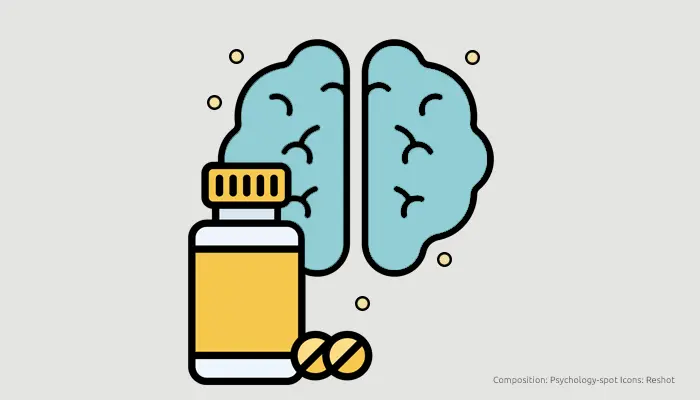
Who would not want to erase the bad memories or fears that torment their existence? In one of the first articles: Depression: The Unconscious Root of Suffering, I already made a small mention of humanity’s attempt to chemically eliminate suffering.
Now this idea seems closer or at least some researchers at the University of Amsterdam claim that they developed in their laboratories a pill based on propranolol (from the family of beta blockers) that is also capable of blocking bad thoughts or memories. The idea has been around since 2005 at Cornell University in New York where the successful investigations had been carried out in rats.
Later researchers at McGill University in Montreal developed the same experiment in humans with positive results, although they point out that what is erased is not the memory but the emotional response to it. In other words, the memory of the traumatic event would become a memory without any emotional repercussions. Of course, this discovery would be highly effective for people suffering from post-traumatic stress.
How much truth is there in these investigations? Is it possible to develop a pill to erase particularly painful or stressful memories?
You can not be emphatic in our statements because the future can bring us many surprises, but so far a dose of propranolol only contributes to controlling the fear reaction or negative emotional responses caused by the memory of a traumatic situation. This means that the memory is not erased or disappears but that our reaction to it changes, fear reactions are blocked so its effect could extend to any other behavior or situation in which the person is immersed and perhaps could provoke an effect similar to that of insensitivity to pain.
The best of its uses could be related to the treatment of phobias since during the period of therapy the person could approach the object, or the feared situation, and thus eliminate paralyzing fear and panic attacks that often prevent further desensitization.
However, before launching into this race we should ask ourselves several ethical questions: Would one dose be enough or would people suffering from post-traumatic stress become dependent on this new medicine? If our emotional responses to a specific situation decreases, could we be sure that the person will not decrease his emotional response to other situations by becoming a “happy puppet”?
New questions and decisions that surge after any new science advances.
Sources:
Kindt, M.; Soeter, M. & Vervliet, B. (2009) Beyond extinction: erasing human fear responses and preventing the return of fear. Nature Neuroscience 12: 256 – 258.
El fin de los malos recuerdos (2007, julio) BBC Mundo Ciencia. In: https://news.bbc.co.uk/hi/spanish/science/newsid_6260000/6260820.stm
Fármaco para borrar recuerdos (2005, julio) BBC Mundo Ciencia. In: https://news.bbc.co.uk/hi/spanish/science/newsid_4725000/4725441.stm



